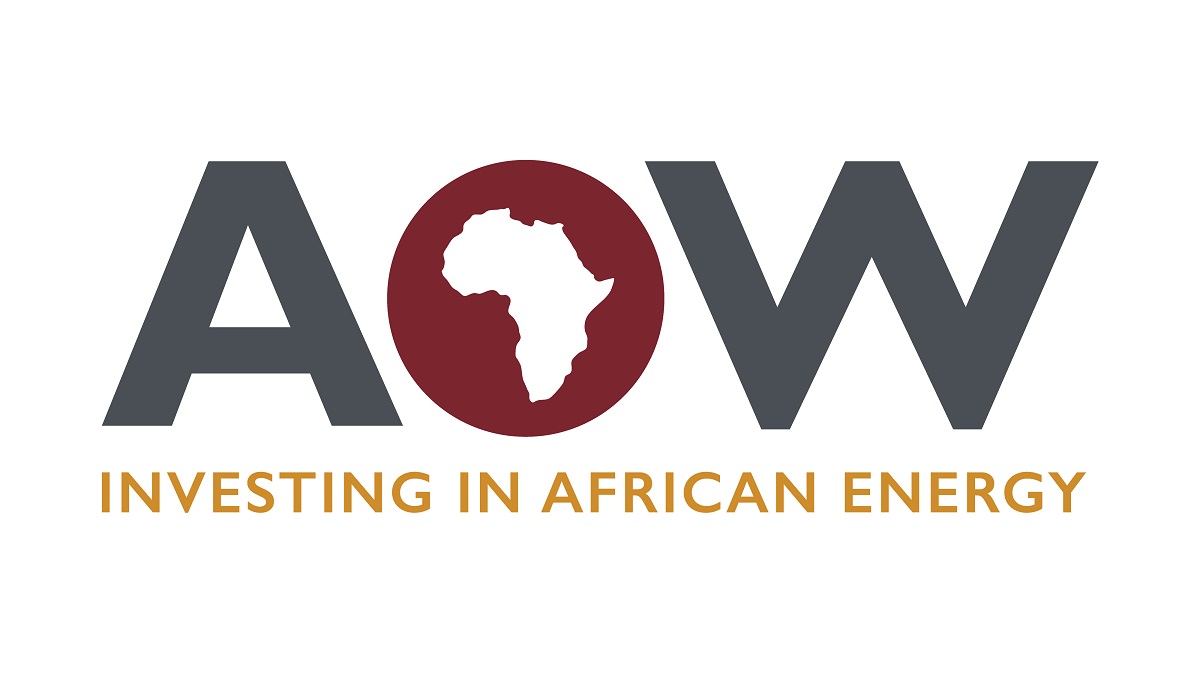Equinor’s Senior Vice President for Africa, Nina Birgitte Koch, stressed the importance of a stable investment climate to attract international capital
CAPE TOWN, South Africa, October 9, 2024/APO Group/ —
The pipeline of gas projects being developed in Africa has never been stronger. However, if the continent is to be competitive in an extremely dynamic international gas market, it must ensure that it offers value.
This means shaping an offer that meets the financial and environmental sustainability needs of stakeholders. Africa’s gas investment proposition must be relevant and future-proof, if it is to continue to attract global capital.
This was the consensus at a panel discussion on Day 1 of AOW: Investing in African Energy – Africa’s leading oil, gas and energy event.
Over the past few years, gas development ambitions have grown – in the public and private sector – supported by renewed exploration and production activity and pragmatic energy transition plans. This is especially true now, with gas increasingly accepted as the ideal bridging fuel, balancing the continent’s growing energy needs with its decarbonisation commitments.
“Natural gas is at the centre of what we are doing in Africa,” said Mario Bello, Head of Sub-Saharan Africa Region at Eni. “It’s the cleanest fossil fuel, producing fewer emissions than coal, so it plays an important role as we transition to renewables.”
Eni enables this through its Floating Liquified Natural Gas (FLNG) projects, particularly in Mozambique and the Republic of Congo. Bello emphasised the technology’s ability to unlock stranded offshore gas resources, accelerate project timelines, and contribute to both domestic energy security and export revenue. “Floating LNG is the key to unlocking the region’s gas potential, making it easier and faster to develop offshore resources,” Bello explained.
Floating LNG is the key to unlocking the region’s gas potential, making it easier and faster to develop offshore resources
However, financing these ambitious projects remains a significant hurdle. Paul Eardley-Taylor, Head of Oil & Gas, Southern Africa, at Standard Bank, emphasised the need for bankable projects that address investor concerns, particularly around sovereign risk. He highlighted the transformative potential of both large-scale LNG projects and smaller, domestically focused gas ventures.
“The impact of these projects in African markets is incalculable,” Eardley-Taylor said, citing the potential for job creation, economic growth, and improved energy access. He further emphasised the importance of small-scale LNG and helium projects, particularly in markets like South Africa and Namibia.
Equinor’s Senior Vice President for Africa, Nina Birgitte Koch, stressed the importance of a stable investment climate to attract international capital. She highlighted the need for competitive projects with strong environmental credentials, particularly in reducing carbon emissions. “CO2 is the key criteria,” Koch said. “It’s not just a ‘nice to have’ any more. I don’t think it’s possible to get capital to a big LNG project unless it’s highly competitive when it comes to CO2.”
The panel also discussed the critical role of technology and regional cooperation in maximising the benefits of Africa’s gas resources. Gianluca Ciricugno, Africa Director, Enterprise Customer Solution at Baker Hughes, emphasised the need for a long-term vision and collaboration between governments, investors, and technology providers.
“It requires a broader vision, probably government and all the people around the table, with a long-term approach… and not just four-year terms,” Ciricugno urged, highlighting the need for stable regulatory frameworks and a commitment to infrastructure development.
Dr Tshepo Mokoka, Group COO of South Africa’s Central Energy Fund (CEF), echoed the call for government intervention to address market failures and unlock investment. He outlined CEF’s role in enabling critical gas infrastructure projects, such as the Romp pipeline and LNG import terminals. “We need to solve the market failure,” Dr Mokoka said, highlighting the need for government-backed gas offtake agreements and risk-sharing mechanisms to attract private capital.
ExxonMobil’s Executive Director Global, LNG Marketing, Deri Irawan, emphasised the importance of a holistic approach to project development, considering not just the technical and economic aspects but also the social and political landscape. He highlighted the need for strong partnerships and stakeholder engagement to ensure long-term project success. “It is insufficient to just bring a commodity to the doorstep,” Irawan explained. “You also need to unlock that value chain.”
With Africa on the cusp of a gas revolution, the panel’s message was clear: the continent has the resources, the ambition, and the opportunity to become a major player in the global gas market.
However, success hinges on creating a stable and attractive investment climate, embracing technological innovation, and fostering regional collaboration to ensure that Africa’s gas resources benefit both its people and the planet.
Distributed by APO Group on behalf of AOW: Investing in African Energy.


 Business4 days ago
Business4 days ago
 Events5 days ago
Events5 days ago
 Energy5 days ago
Energy5 days ago
 Energy3 days ago
Energy3 days ago
 Events4 days ago
Events4 days ago
 Business4 days ago
Business4 days ago
 Business4 days ago
Business4 days ago
 Business4 days ago
Business4 days ago













